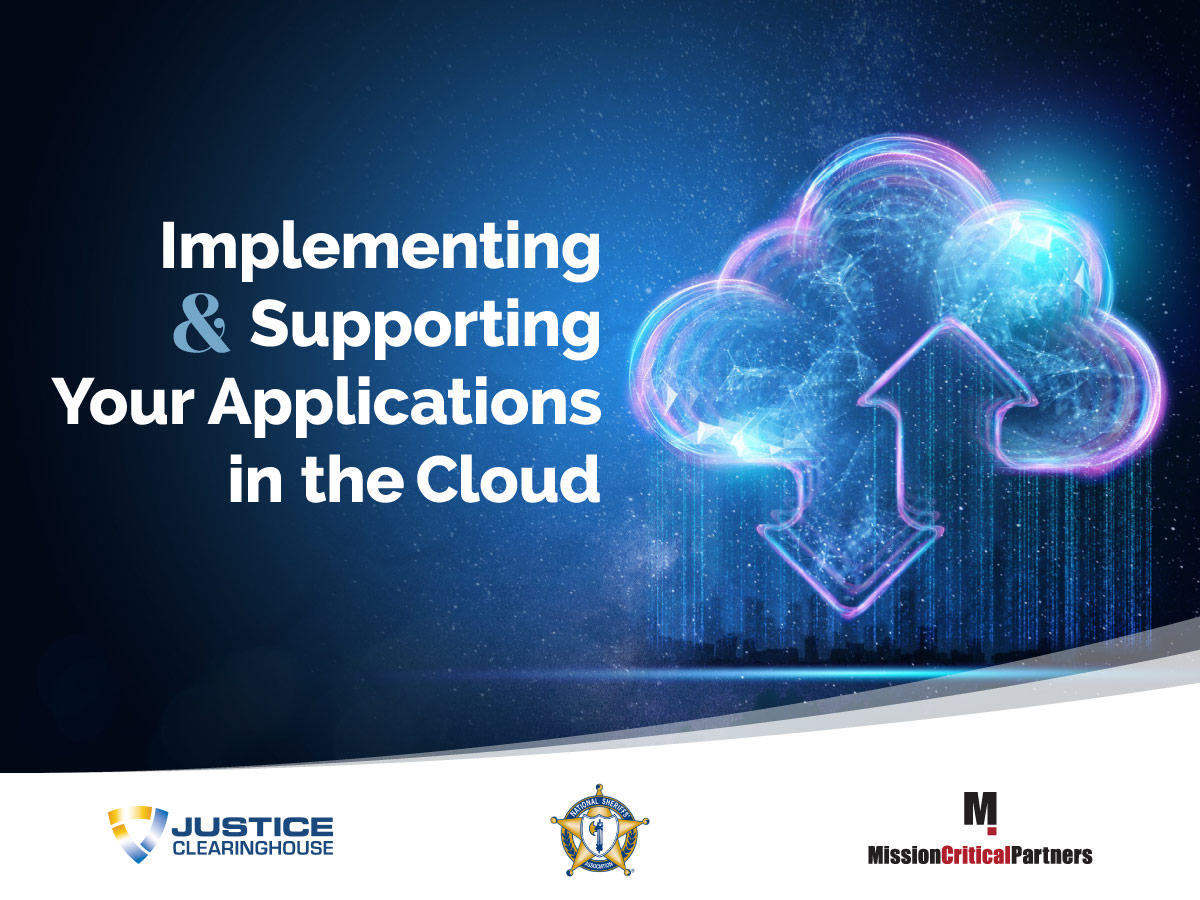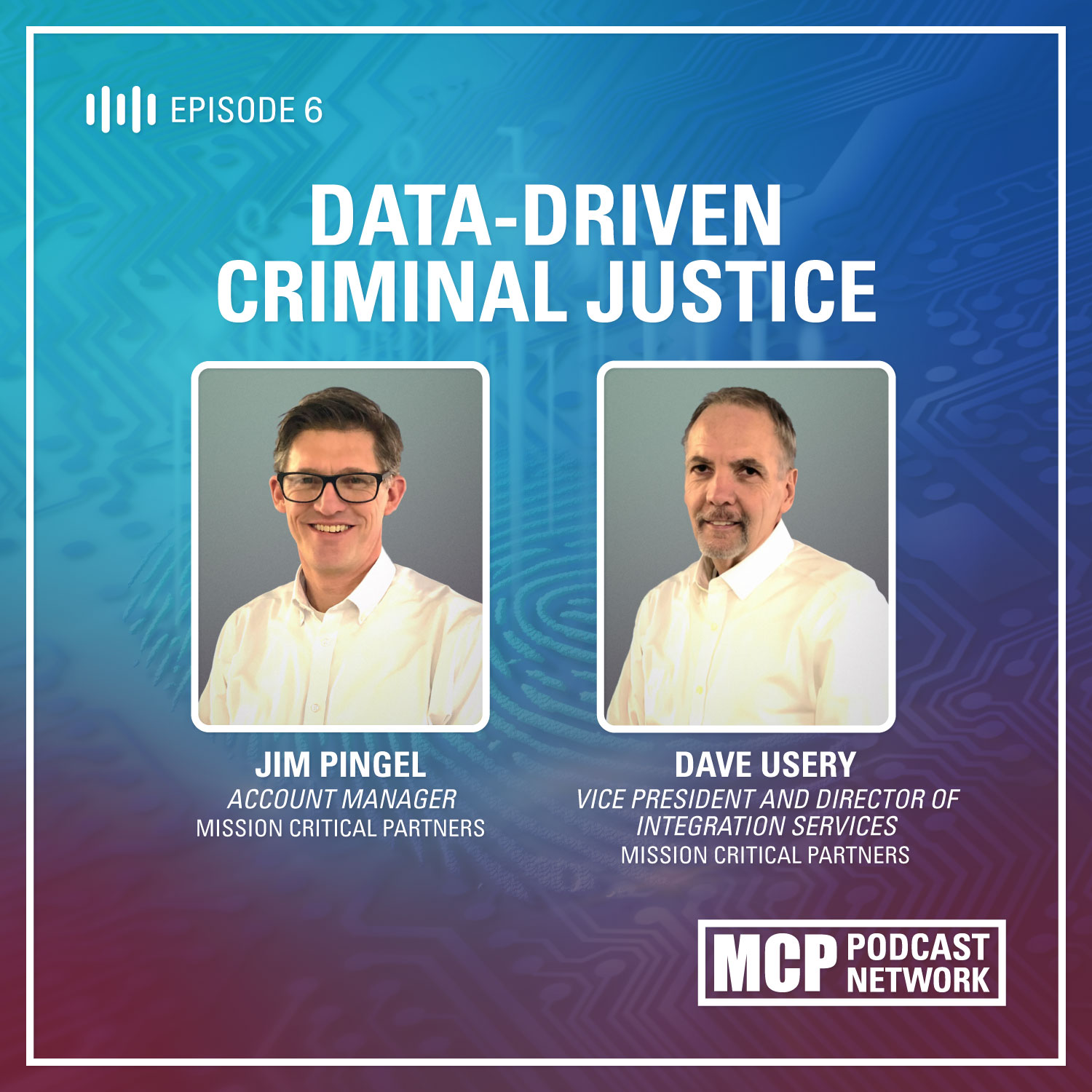On-Demand Webinar: Strategic Planning Webinar
In today’s evolving environment, public safety and justice agencies are continually expected to do more with less. This reality means that strategic planning, and determining how best to leverage the resources available, is more crucial than ever before. During this webinar, MCP subject-matter experts Chris Kelly and Bonnie Maney will present the importance of strategic planning for public-sector organizations and how to develop your plan.












